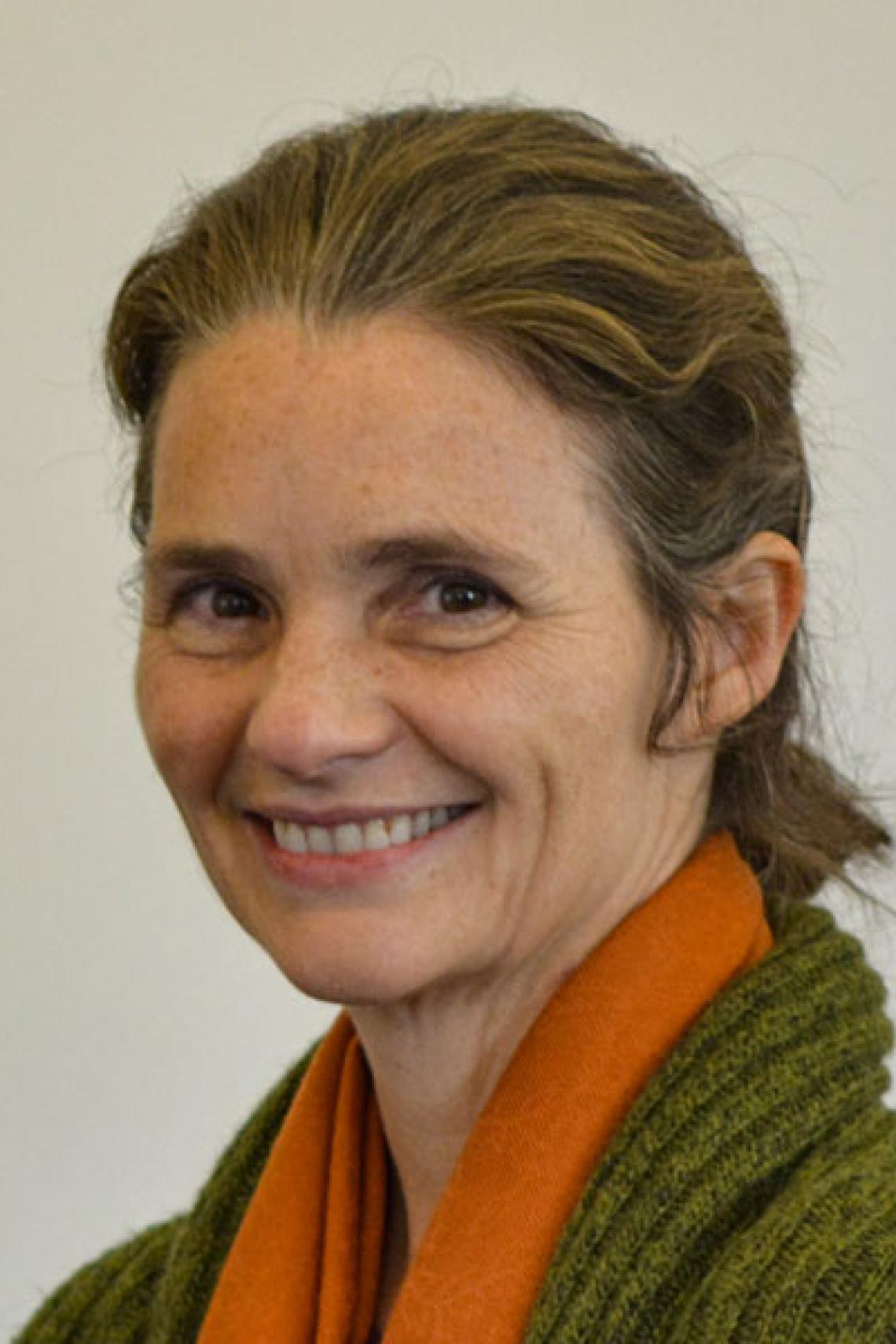Bhutan Gross National Happiness index shows increase since 2015 despite pandemic
Bhutan this week launched the findings of its 2022 Gross National Happiness (GNH) index, a measure of the population’s overall wellbeing and happiness which is constructed using a method co-created by ODID’s Professor Sabine Alkire.
The period between 2015 and 2022 witnessed an increase in GNH, driven primarily by improvements in housing, income, schooling, services, and literacy, but also by positive emotions – which increased despite the pandemic.
However, a number of indicators deteriorated, reflecting other impacts of the pandemic, including healthy days, cultural and political participation, mental health, and Driglam Namzha (Bhutanese etiquette and dress code).
The 2022 GNH Index, with a value of 0.781, reflects a growth rate of 3.3% compared to the 2015 GNH Index of 0.756, faster than previous growth. The GNH Index in 2010 was 0.743. The GNH value ranges from 0 to 1 where higher value represents greater wellbeing and happiness.
The GNH was launched by Prime Minister Dr Lotay Tshering.
The GNH Index is a holistic tool based on 33 indicators which measure nine domains: psychological wellbeing; health; education; time use; cultural diversity and resilience; good governance; community vitality; ecological diversity and resilience; and living standards.
It is constructed using the Alkire-Foster Method, developed by Professor Alkire with James Foster, Oliver T Carr Professor at George Washington University.
Based on each person’s level of sufficiency in the weighted indicators, the GNH Index classifies them into one of four groups: Deeply happy (77% to 100%), Extensively happy (66% to 76.9%), Narrowly happy (50% to 65.9%) and Unhappy (0% to 49.9%). In 2022, 9.5% of the population is deeply happy, 38.6% extensively happy, 45.5% narrowly happy, and 6.4% unhappy.
Speaking at the launch event, Achim Steiner, the Under-Secretary-General of the United Nations and UNDP Administrator, said ‘The UN Secretary-General has elevated ‘Beyond GDP’ as one of the central reform agenda items for the Summit of the Future in 2024. Bhutan’s GNH approach serves as a key example of alternative approaches as the UN works to advance the global conversation in this vital area.’
Mathias Cormann, the Secretary General of the Organisation for Economic Co-operation and Development (OECD), said, ‘Just last week, G7 Finance Ministers agreed on the need to use multidimensional indicators to measure welfare and integrate those indicators into the policymaking process, helping to deliver better policies for better lives.’

